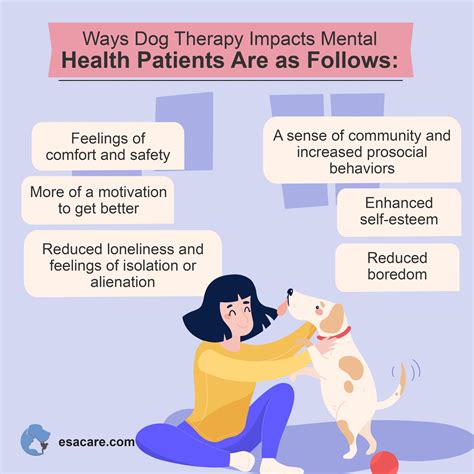Introduction

Pets are beloved members of our families, and like humans, they can experience mental health issues. Various factors, including genetics, life experiences, and the environment, can contribute to pet mental health. This article will explore the importance of pet mental health and how the environment can impact their well-being.
Effects of Environment on Pet Mental Health
The environment plays a significant role in shaping a pet’s mental health. Factors such as:
- Space: Adequate space for exercise and play is crucial for a pet’s physical and mental well-being. Cramped or confined environments can lead to anxiety, boredom, and destructive behaviors.
- Stimulation: Pets need mental stimulation to stay active and engaged. A lack of enrichment can result in lethargy, depression, and cognitive decline.
- Socialization: Social interaction is essential for many pets, especially dogs. Limited socialization can lead to isolation, fear, and aggression.
- Noise and pollution: Excessive noise and air pollution can cause stress and anxiety in pets. Prolonged exposure to such conditions can even lead to physical health problems.
Comparative Study: Home VS Wild
To understand the impact of the environment on pet mental health, it is helpful to compare domestic pets with their wild counterparts. Wild animals have evolved in natural environments that provide them with:
- Extensive territory: Wild animals typically have large home ranges, allowing them to roam, hunt, and socialize freely.
- Sensory stimulation: Natural environments offer a variety of stimuli, including sights, sounds, and scents, which keep animals engaged and alert.
- Social interaction: Wild animals live in social groups or family units, which provide them with companionship and support.
Mental Health Concerns in Domestic Pets
In contrast to their wild counterparts, domestic pets often live in more confined environments with limited opportunities for exercise, stimulation, and socialization. This can lead to various mental health concerns, including:
- Anxiety: Dogs and cats can experience anxiety due to factors such as separation, changes in routine, or loud noises.
- Depression: Lethargy, loss of appetite, and withdrawal can be signs of depression in pets.
- Cognitive decline: Senior pets are at risk of developing cognitive decline, which can affect their memory, learning ability, and behavior.
- Destructive behaviors: Boredom and anxiety can lead to destructive behaviors such as chewing, digging, or excessive barking.
Importance of Mental Health Care for Pets
Pet mental health is just as important as their physical health. Addressing mental health issues can help pets live happier, healthier, and longer lives. Veterinary professionals can provide diagnosis, treatment, and support for pets with mental health concerns.
Tips for Improving Pet Mental Health
Owners can take several steps to improve their pet’s mental well-being:
- Provide adequate space: Ensure your pet has enough room to exercise, play, and explore.
- Offer mental stimulation: Engage your pet with toys, puzzles, and training sessions.
- Socialize your pet: Arrange playdates with other pets or take your dog for walks in social areas.
- Manage noise and pollution: Create a calm and peaceful environment for your pet by reducing noise and air pollution.
- Consider veterinary care: Consult a veterinarian if you notice any signs of mental health issues in your pet.
Future of Pet Mental Health
As pet mental health awareness grows, we can expect advances in research, diagnosis, and treatment options. Technologies such as animal-assisted therapy and artificial intelligence may play a role in improving pet mental well-being.
Conclusion
Pet mental health is a growing concern that deserves attention. By understanding the impact of the environment on pets, we can create healthier and happier lives for our furry companions. Remember, a mentally healthy pet is a happy pet.





















